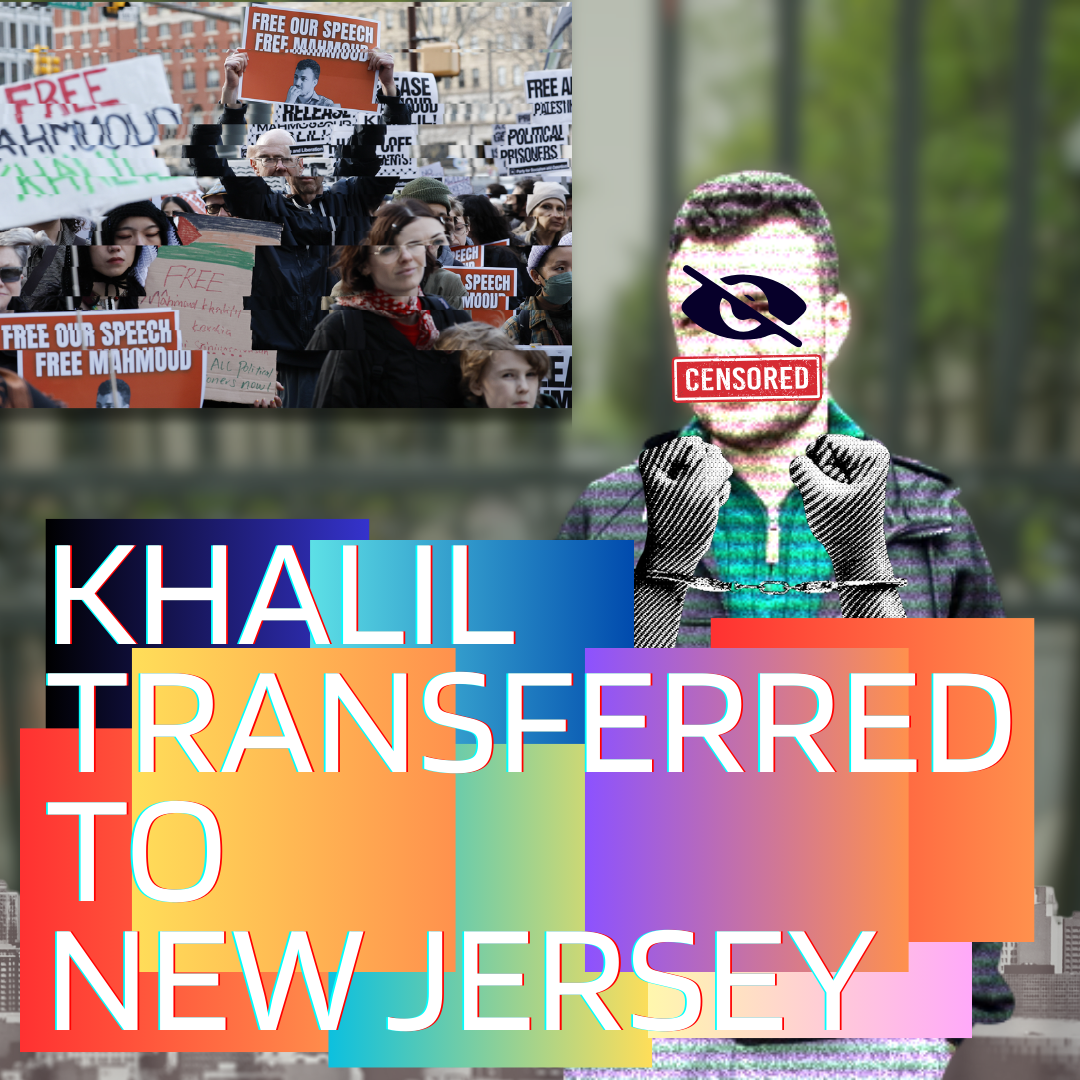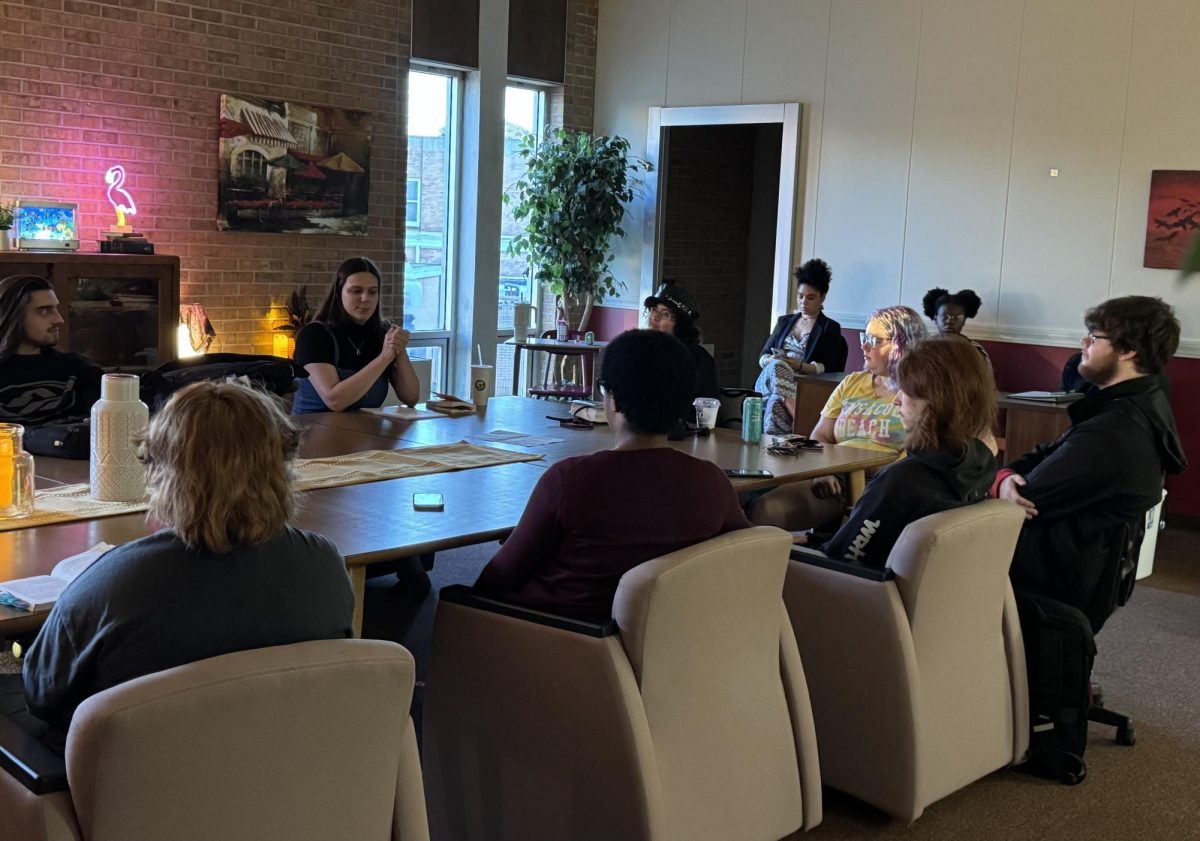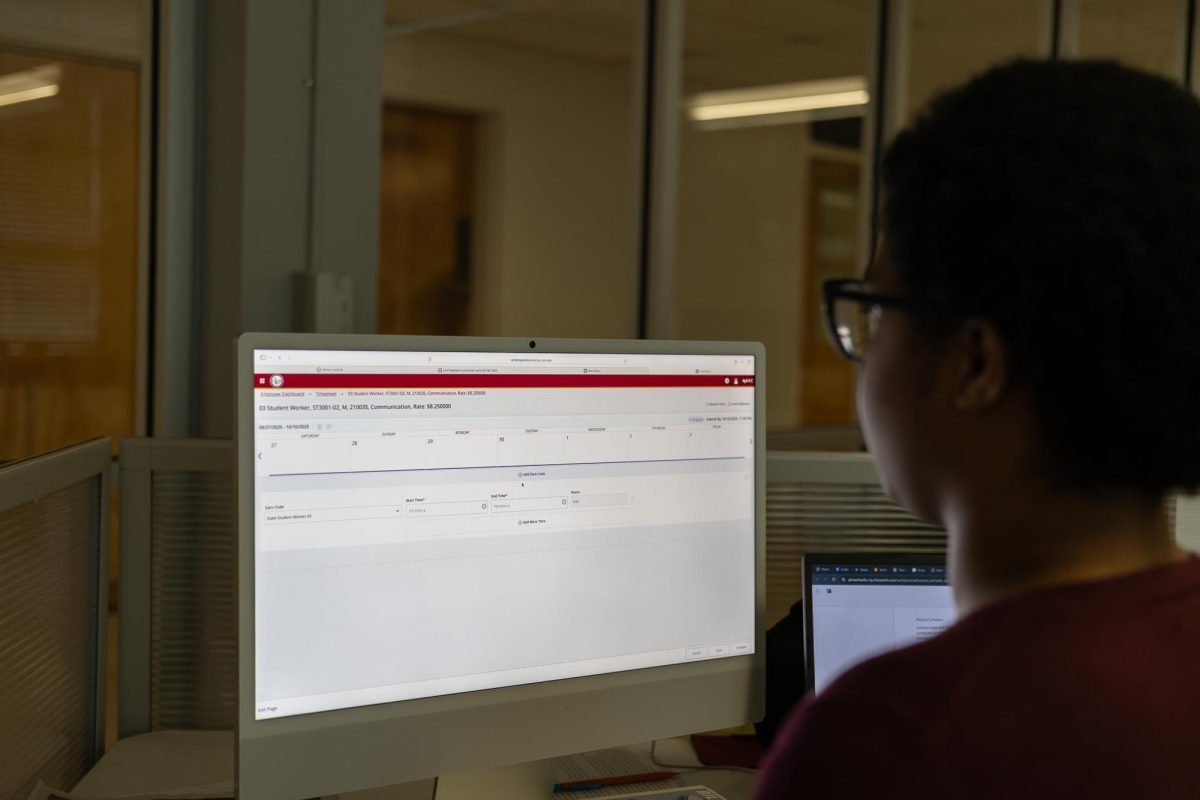On March 19, federal Judge Jesse Furman reversed a Trump administration order, returning Mahmoud Khalil’s case from Louisiana to New Jersey.
After arresting Khalil at his Columbia University apartment, ICE agents held him in Elizabeth, New Jersey, before transferring him to detention facilities in Alexandria and Jena, Louisiana. While the administration did not explain the transfer, it aligned with a broader strategy of moving immigration cases to districts within the conservative 5th U.S. Circuit Court of Appeals, known for its consistent support of hardline policies.
“We think the government was obviously trying to get in front of a court that would grant them what they wanted, which is that he would continue to be detained,” Samah Sisay, Khalil’s attorney, said. Sisay, Khalil’s attorney, said.
During Khalil’s detention in Louisiana, Judge Furman barred the Trump administration from deporting the Columbia student. Furman ruled that the case should return to New Jersey, where Khalil was first detained, rather than moving it to New York as his attorneys requested.
“Given the undisputed fact that Khalil was detained in the District of New Jersey at the time his lawyer filed the Petition, this Court lacks jurisdiction over most, if not all, of Khalil’s claims,” Furman said in his order.
While the New Jersey court prepares to review Khalil’s case to assess the legality of detention and deportation, Khalil’s legal team maintains the case represents unconstitutional retaliation for pro-Palestinian activism. They cite the First Amendment, which guarantees freedom of speech, religion, the press, peaceful assembly and the right to petition the government.
In response, the Trump administration cited the Immigration and Nationality Act (INA), the primary U.S. law governing immigration, citizenship, and deportations. The INA permits the removal of non-citizens for violations such as visa overstays, criminal convictions or national security concerns.
On March 27, federal prosecutors expanded the charges against Khalil, accusing him of lying on his green card application and highlighting his involvement with Columbia University’s coalition of anti-Israel student groups. The Department of Justice also alleged that he was a member of the United Nations Relief and Works Agency for Palestinian Refugees (UNRWA), a claim the agency denied.
The Trump administration may have invoked INA § 237(a)(4)(D), which bars non-citizens for alleged terrorism ties, if they linked Khalil’s pro-Palestinian activism to Hamas. Additionally, INA § 221(I) allows the State Department to revoke visas or green cards if an applicant is later found ineligible. If convicted, Khalil could lose his legal status, testing whether immigration enforcement can override First Amendment protections based on political speech.






